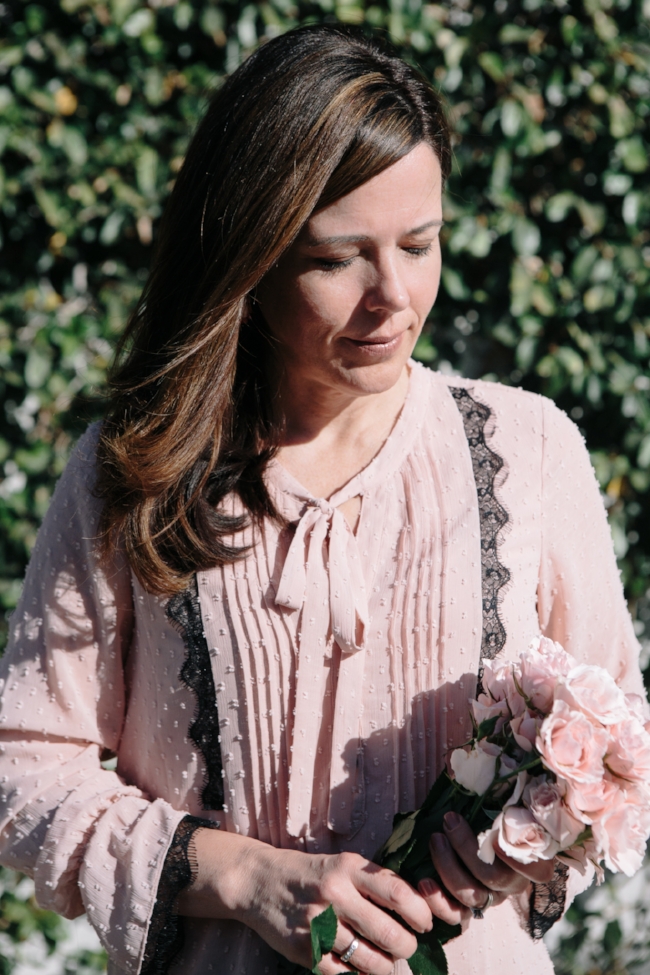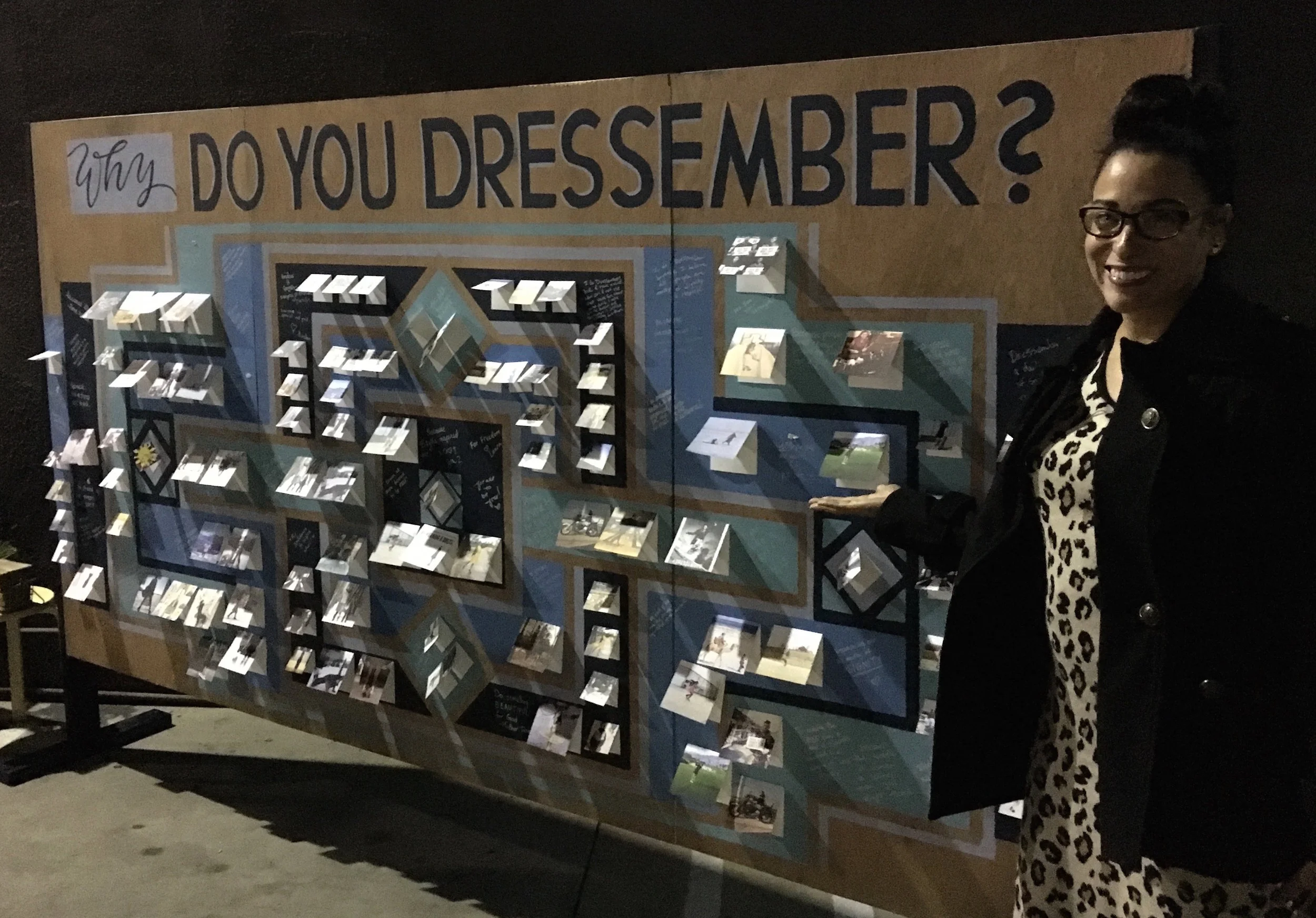A: Well, tell me a little bit about your humanness as a therapist. How do you feel like your humanness shows up in your sessions and and who you are as a therapist?
L: I think most importantly I really believe in change. That we can all change. I consider myself a lifelong learner, so I feel like if I'm always sitting in that space and place with my clients, that I mean, I am learning as well. I'm growing as well. And I think since I have such a powerful belief in just humans ability to be resilient, I carry that hope and that kind of strength-based energy with me into the room.
And play as well. Creativity and just making a little bit of space for play.
A: Yeah I think those – maybe your learning posture, which shows up perhaps more consistently with you than anyone else I've met, which is amazing because you already know a lot – but also your love of play, feel like two pretty special things about you. So that makes sense. Those are things that kind of mark your humaness as a therapist.
I actually wanted to ask you a little bit about about play, because you are such a skilled play therapist, and I know that you really love play. I think you've said to me that you just, you like play.
L: I do. (laughter)
A: It's a good job for you! But I'm kind of curious, what you what sort of thoughts you have, if you can condense them down into a minute or two, of how how play can be leveraged for healing. I don't think we always are used to thinking about it that way. But my goodness, you do that so effectively so what are your thoughts about how that works?
L: I think play is children's work. It's how they process their world. It's how they you know try on their different parts, different selves. And often how they share. I think it creates safety. You know when I think about a play in a relationship, it creates safety. It's a mask almost. Not always, but sometimes it's a mask where the person feels a little safer to share or test or explore. So I think the potential for growth with play is unlike any other type of therapy, actually.
And I think that's why it's important to include play in our lives as adults. You know, however that's manifesting in your life. Whether it be team sports, or hobbies, or just giving yourself that freedom of creative process, it can be a powerful change agent and growth.
A: Yeah, the idea of a mask makes me think of play as providing a little bit of a buffer between the most like vulnerable parts of us and whatever it is that we're trying to learn to interact with.
L: Yeah.
A: And then that brings about safety that allows maybe for more growth than could happen if it was made maybe quite so explicit what we were doing. That would make it scarier, yeah.
L: Yeah, it feels a little safer, I think. I agree, just to kind of have it – it's almost like walking beside the experience and then processing it with someone else kind of beside to you, before you have to take that and integrate it.
A: Hmm, you're kind of trying things on, but it's not yet. Doesn't have to be you. Until you find out if it fits, maybe.
L: Yeah.
A: Interesting, I like that.
Um, well what about this huge question: What does humanness mean to you? How do you think about that?
L: Resiliency is the big one that comes to mind. I tend to think of the positive definition of humanness. I think of empathy, relationship building, our ability to be connected and to really feel each other's experiences. But within the resiliency, you know, it includes those darker experiences. Or the, the lye, shall we go back to that. (laughs) The parts of ourselves that maybe are harder to share. I think humanness is also very much about those parts and really allowing our relationship with those parts to ourself, so that we can kind of share relationally with other people in a very authentic way.
A: Mm-hmm. Yeah, do you feel like that those two things interact? Resiliency and being able to share the lye, the less desirable, or what we perceive as less desirable, inside of us?
L: I do. I think when we walk through or move through an experience that's difficult, yeah it's it's being a little more gritty. It's being able to maybe risk, because we're sitting comfortable in our sense of self, and we've had that relationship with all of our parts, so to speak. You know, and whether that includes acceptance, forgiveness, understanding; I think it then allows us to grow, be a little bit braver. I think it allows us to accept those parts in others too.
A: Mm-hmm.
L: You know, instead of just stepping into something with maybe an ideal that isn't attainable. I think sometimes it's the real pieces of people that we connect the most to.
A: Mmm, yeah, something that is maybe less ideal but actually ends up being better, or more special to us.
L: Yeah, I think it's relatable. And I always feel, with all of my clients, just a sense of respect for the courage it takes to step into therapy and look at those experiences. And you know the willingness to kind of explore just who they are, and maybe where they want to be, it's a very courageous process.
A: Well those are profound thoughts Laura, thank you for sharing.
L: Thank you, Allie.
A: Yeah, it's been so fun to interview you in our mini interview series. So, we'll sign off now. But thank you, and I'll get to talk to you soon (laughter).






























